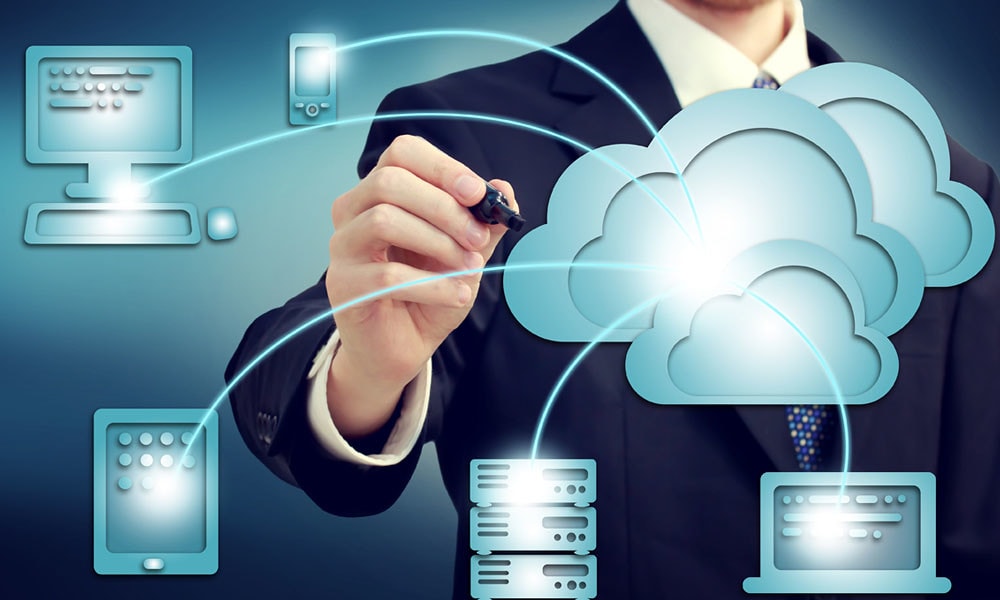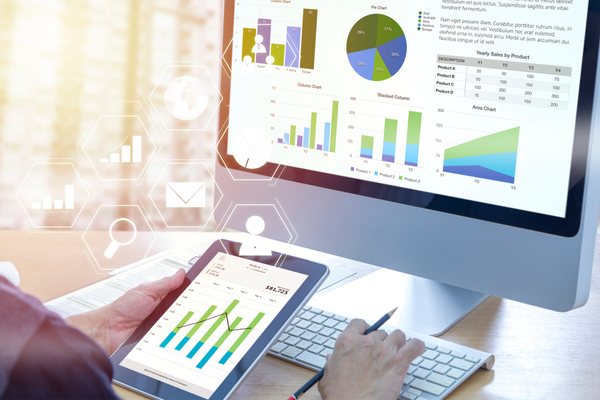The shift to cloud-based tools has transformed nearly every corner of the business world, and accounting is no exception. From freelancers and small businesses to large enterprises, many are trading spreadsheets and desktop software for slick, cloud-powered platforms that promise flexibility, automation, and real-time insights.
But with all that convenience comes a nagging question: Can cloud accounting truly be trusted with sensitive financial data, or is it just a massive breach waiting to happen?
Let’s break it down. What makes cloud accounting so attractive? What are the real risks? And most importantly, how do you protect your business if you decide to make the move?
Why Businesses Are Turning to Cloud Accounting
There’s no doubt that cloud accounting offers plenty of perks. At a glance, it allows you to:
- Access your data anytime, anywhere
- Collaborate with your accountant or finance team in real time
- Automate repetitive tasks like invoicing, payroll, and reconciliation
- Stay up to date with the latest tax rules and software updates
- Get financial insights at the click of a button
Tools like Xero, QuickBooks Online, and Million Cloud Accounting have become household names for a reason. They make accounting less of a chore and more of a strategic tool.
And let’s not forget, many of these platforms are built with small businesses in mind. So even if you’re not a tech expert, you can still get things done with ease.
The Elephant in the Room: Security Concerns
Despite all the benefits, many people still hesitate when it comes to cloud accounting. And it usually comes down to one major worry: data security.
Financial data is some of the most sensitive information a business holds. It includes bank account details, employee payroll info, tax records, and customer transactions. Losing control over this data or having it fall into the wrong hands can be disastrous.
So, is it safe to store all of this in the cloud?
What Cloud Accounting Providers Actually Do to Keep Data Safe
Believe it or not, the security standards of reputable cloud accounting platforms are often more robust than what most small businesses could afford to set up on their own.
Here’s how they protect your data:
1. Data Encryption
Almost all cloud accounting providers use bank-level encryption (typically 256-bit SSL encryption) to protect data while it’s being transferred and stored. This makes it extremely difficult for hackers to intercept or decipher the information.
2. Secure Data Centres
Your financial data isn’t floating around in some abstract ‘cloud’. It’s stored in actual data centres—massive facilities with round-the-clock security, fire protection systems, and backup power. These centres are often located in multiple regions to ensure redundancy.
3. Two-Factor Authentication (2FA)
Many platforms offer (or require) two-factor authentication, which adds an extra layer of protection. Even if someone gets your password, they’d still need a one-time code from your phone or app to log in.
4. Regular Backups
Cloud systems regularly back up your data, often automatically. If a technical glitch happens or you accidentally delete something important, it’s not gone forever.
5. Compliance with International Standards
Top-tier providers comply with regulations such as GDPR (for data protection in Europe), SOC 2 (for data security and privacy controls), and ISO 27001 (a global information security standard). These aren’t just buzzwords—they involve strict audits and accountability.
But Let’s Be Real—No System Is 100% Risk-Free
All that said, no system is completely immune to threats. Even the most secure platforms can experience breaches, though they are rare.
Human error is often the weak point. Weak passwords, phishing scams, unsecured devices, or failing to log out of a shared computer can leave your data vulnerable.
Plus, if you choose a lesser-known or poorly maintained platform, the risks increase significantly.
How to Protect Your Business When Using Cloud Accounting
So, how do you enjoy the benefits of cloud accounting without losing sleep over security concerns? Here are a few simple but effective tips:
Choose a Reputable Provider
Stick with providers that are well-established and transparent about their security practices. Do your research—check reviews, look for third-party certifications, and make sure they comply with relevant laws in your region.
Use Strong, Unique Passwords
This one’s basic but often overlooked. Avoid passwords like “admin123” or “password2024”. Use a password manager if you have trouble remembering strong ones.
Enable Two-Factor Authentication
Always activate 2FA when it’s available. It adds a small extra step at login, but it makes a big difference in security.
Keep Your Devices Secure
Ensure your laptops, tablets, and smartphones are password-protected and running the latest security updates. Don’t access your accounts over public Wi-Fi unless you’re using a VPN.
Limit Access
Only give access to employees or accountants who need it, and make sure they’re trained in basic cybersecurity. Most platforms allow you to set user roles and permissions, so use that feature.
Is the Cloud Safer Than On-Premise?
Interestingly, for many small businesses, cloud accounting is actually safer than keeping everything on a local computer or server. Why?
Local systems can be vulnerable to theft, fire, water damage, and even simple hardware failure. If your only copy of financial records is stored on your office desktop and that machine breaks or gets stolen, you’re in trouble.
With cloud-based systems, your data lives in secure, regularly backed-up environments, accessible from anywhere.
Final Thoughts
So, can cloud accounting be trusted? The short answer is: yes, it can—if you do your part.
Trusted providers invest heavily in security, often far more than a small business ever could on its own. But it’s a shared responsibility. You still need to take practical steps to protect your own login details, devices, and internal processes.
Cloud accounting isn’t a breach waiting to happen. For most businesses, it’s actually a smart, secure way to stay on top of finances, provided you use it wisely.
In the end, it’s not just about the technology—it’s about how you use it.


